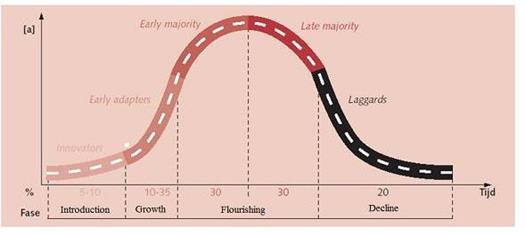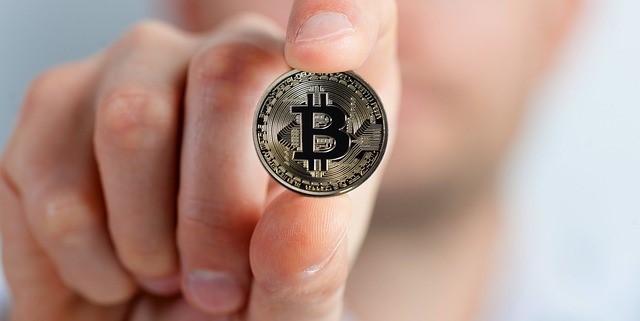Japan Cryptoasset Business Association Creates a Stablecoin Subcommittee
On July 8, the Japan Cryptoasset Business Association (JCBA) created a Stablecoin Subcommittee and held the subcommittee’s first meeting. The JCBA is a membership organization that seeks to foster the sound development of the cryptoasset business in Japan.
The Stablecoin Subcommittee was attended by 69 individuals from 39 member companies in Japan. The member companies included cryptoasset-related business operators such as cryptoasset exchange service providers, financial institutions, blockchain operators, and wallet providers, along with legal professional corporations, tax accountant corporations and audit firms. At the first meeting, the Stablecoin Subcommittee developed a shared understanding of the legal classification of stablecoin and discussion themes, and discussed the issues the members should consider going forward.
The JCBA believes that stablecoins are useful because they have a stable price in comparison to ordinary cryptoassets, which have high price volatility. However, the JCBA also notes that “Because stablecoins are not necessarily clearly defined, the current reality is that it is difficult to handle stablecoins†in Japan. The desire to surmount this issue has prompted the JCBA to create the Stablecoin Subcommittee.
The regular members participating in the JCBA Stablecoin Subcommittee include almost all of the major players in Japan, such as BITPoint Japan Co., Ltd., a subsidiary of Remixpoint, inc. <3825> and Coincheck, Inc., a subsidiary of Monex Group, Inc. <8698>, along with bitFlyer, Inc., QUOINE Corp., and Huobi Japan Inc. Firms such as Deloitte Touche Tohmatsu LLC also participate in the Stablecoin Subcommittee as associate members.
The Stablecoin Subcommittee said it “will advance discussions from a variety of perspectives. Issues will be discussed from operational perspectives such as clarification of legal matters and recognition of assets, and the perspective of trust in price stabilization mechanisms. Another perspective is user protection and AML/CFT (anti-money laundering/combating the financing of terrorism) measures.†The Stablecoin Subcommittee announced its intention to “work to develop a business environment conducive to cryptoasset-related business operators, thereby contributing to the sound development of the cryptoasset business in Japan.â€
In Japan, prior to this initiative, the Blockchain Collaborative Consortium (BCCC), a separate blockchain industry organization, had conducted a social experiment in 2017 on a stablecoin pegged to the Japanese yen called Zen. In this experiment, around 850 million yen worth of Zen was issued. Although the BCCC regretfully noted that “some coins inadvertently saw price movements of about 20%,†all other coins maintained a stable price of around 1 Zen token = 1 yen. In January 2020, the BCCC had stated that it would develop a mechanism for issuing a stablecoin with a value pegged to a basket of fiat currencies, including the Japanese yen, by around July or August 2020.
Many of the cryptoasset industry’s major players in Japan participate in the BCCC. Some of those companies overlap with JCBA member companies, while other companies do not. Looking ahead, one major focus will be whether or not the industry can build a unified coalition toward the successful rollout of stablecoin.
*This article was written by FISCO.

